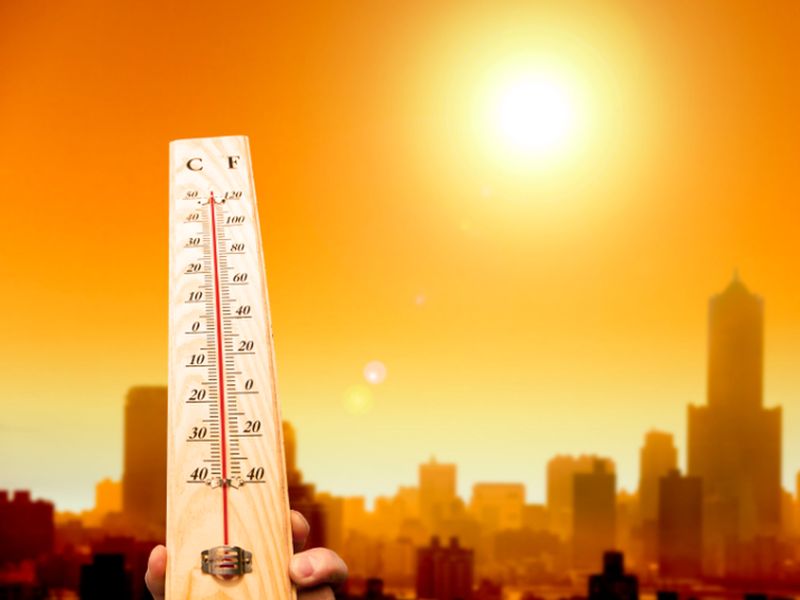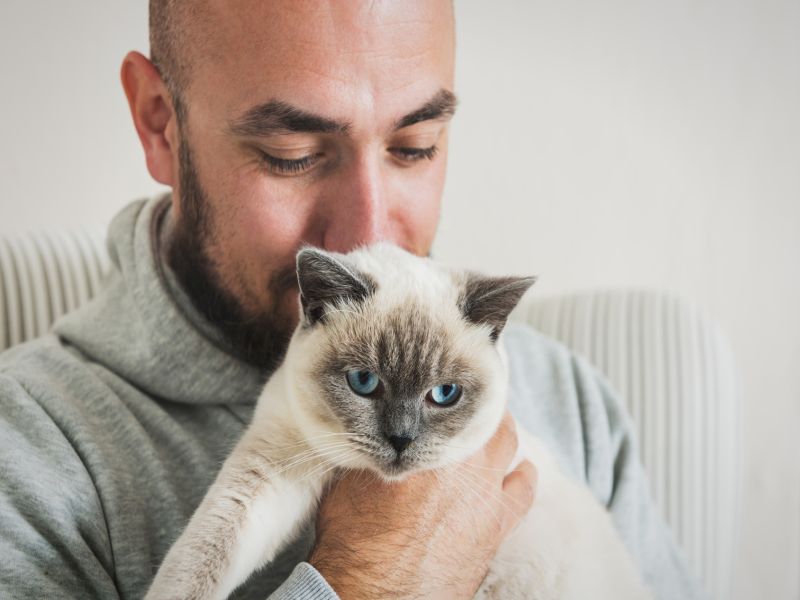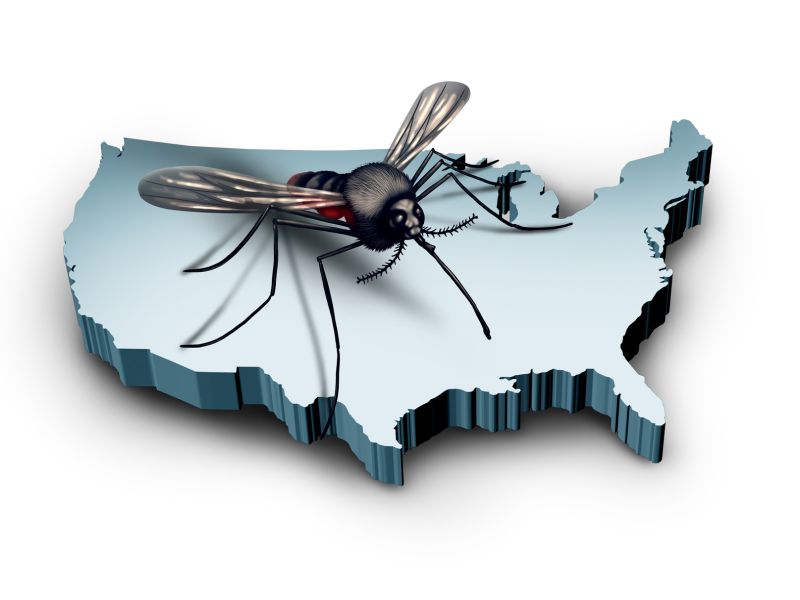
The heat is on. Across two-thirds of the United States, over 115 million Americans live where some level of heat alert is already in effect, and 290 million will see temperatures soar past 90 degrees at some point in the next week, USA Today reported Wednesday. As a dome of high pressure settles over much… read on >


























